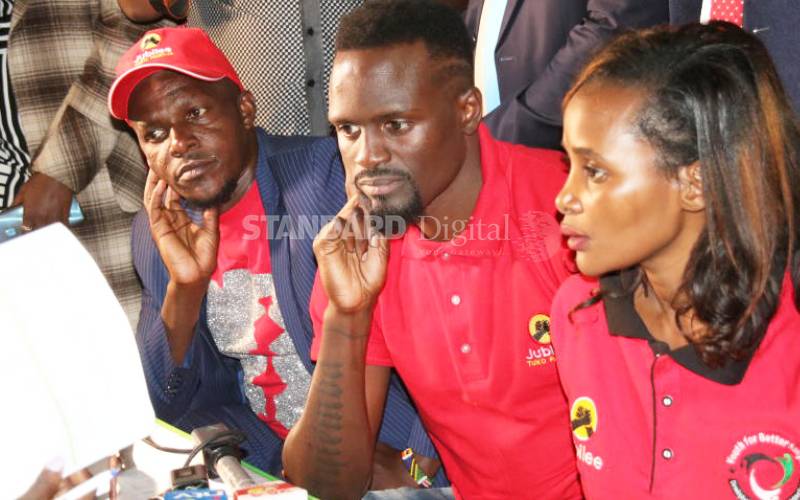×
The Standard e-Paper
Home To Bold Columnists

In his footballing career, McDonald Mariga, one of the country’s best-known football exports, has found himself in precarious positions.
He has played out of position, he has warmed the bench in several teams, he has been relegated, he has played in nondescript divisions of Spanish football, he has even been without a team for months, as his peers and former teammates thrived.